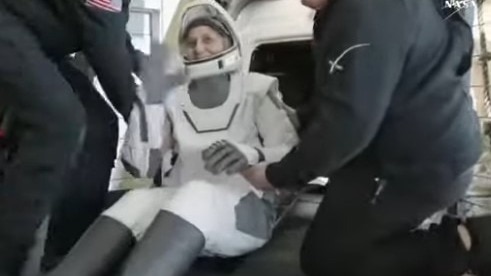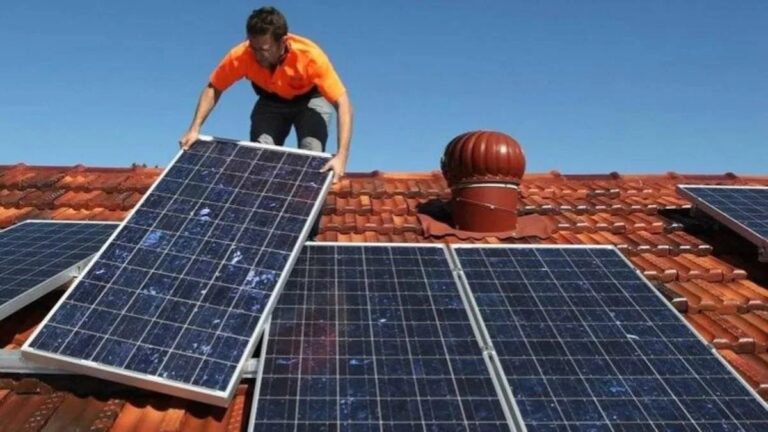Bad effect on heart and bones, depression threats … Sunita Williams may have this health problem – bad effect on heart and bones risk of depression Sunita Williams who returned to Earth After 9 Months May have these Heaves NTCPAS
American space agency NASA astronaut Sunita Williams and Buch Wilmore have returned to Earth after 9 months. He had a successful landing on the coast of Florida via SpaceX’s Dragon Capsule in the early hours of Wednesday. His space mission began on 5 June 2024, which was only eight days. But due to technical problems, he remained stuck in space for 9 months. After spending such a long time in space, their health can have a profound effect. Let us know what problems Sunita Williams may have to face after returning from space.
Bad effect on bones and muscles
The most concern is the weakening of bones and muscles. In ISS, astronauts float in microgravity, which affects their body. Our body always has to work against gravity on earth, which gives our muscles and bones constant exercise. But without this resistance in space, the strength of the muscles and the density of bones start decreasing, as the body does not need to bear its weight.
Astronauts may lose 1% of their bones every month. Especially in the bones of the waist, hip and thigh. This increases the risk of bone breaking after returning to Earth. To reduce this, astronauts exercise strict in ISS.
At the same time, passengers in space can be 1-2 inches long because their spine becomes long. However, this height ends after returning to Earth.
Also read: Station repair, 900 hours of research and more than 150 uses … What did Sunita Williams do in 9 months space?
Floating in the space, there is not much pressure on the feet of the passengers, which makes the hard layers arising from the contact of their feet soft. Due to this, the skin of their feet becomes sensitive and starts peeling, such as the skin of the newborn’s feet. To fix this process, astronauts gradually rehabilitate to strengthen their muscles and skin.
Staying in ISS for a long time also affects the heart’s heart. The gravity on the Earth draws the blood, water and lymph fluid downwards, allowing them to be evenly distributed in the body. But in microbiology, there is no gravity, causing fluids to move towards the upper part. This can cause facial swelling, nose jam and head pressure. Also, the lower body looks weak and thin. It is called “Puffy-Hed Bird-Leg Syndrome”.
Actually, in microbiology, the heart does not have to work as hard as it has to be done on the earth. Due to this deficiency, the shape of the heart changes. Researches have shown that the size of the heart of astronauts becomes about 9.4% more round.
Also read: Sunita Williams Return: Starliner’s story, Sunita Williams stuck in space 9 months
These effects will be seen for a long time
There is no protection from high-energy cosmic radiation in space. Astronauts face high levels of radiation from the Sun, which is equivalent to taking a chest X-ray every day on Earth. In 9 months, Sunita Williams faced radiation equal to about 270 X-rays. The immune system can weaken the immune system with exposure to this radiation for a long time. The risk of serious diseases like cancer may increase.
After returning to Earth, the density of the bone can take years to fully recover. This may increase the risk of osteoporosis and bone fractures.
Mental health can also be affected by spending months in space. The atmosphere on ISS is very different from the Earth. ISS revolves around the Earth every 90 minutes, affecting the inner clock of astronauts of the body of the astronauts and can cause sleep problems.
Astronauts live in loneliness and closed rooms. They have to spend months with limited space and limited colleagues. Due to this, mental health can be affected. Many studies suggest that long -term space missions may affect astronauts’ thinking ability, response time and mental stability. However, astronauts are mentally stronger and physically fit humans. They are trends for these circumstances. (Report of Srijan Pal Singh)
(Tagstotranslate) Sunita williams






